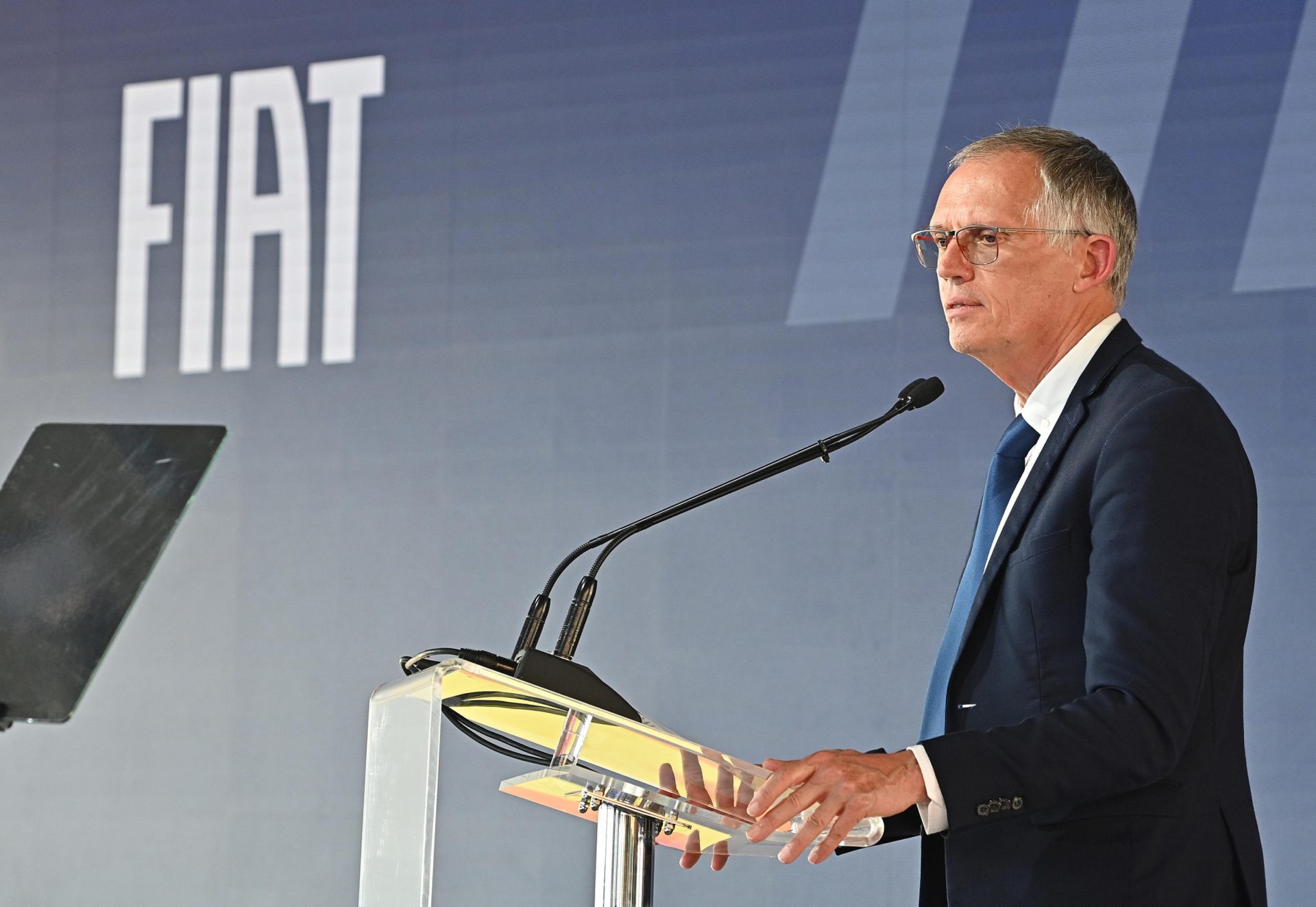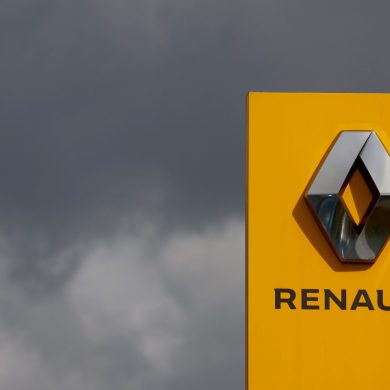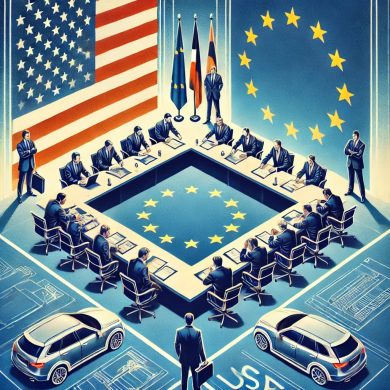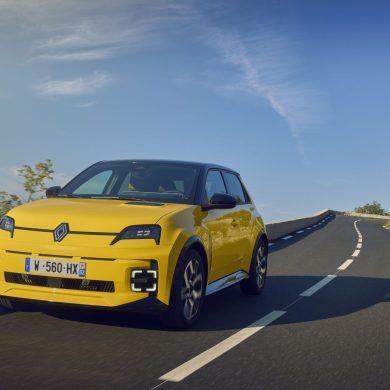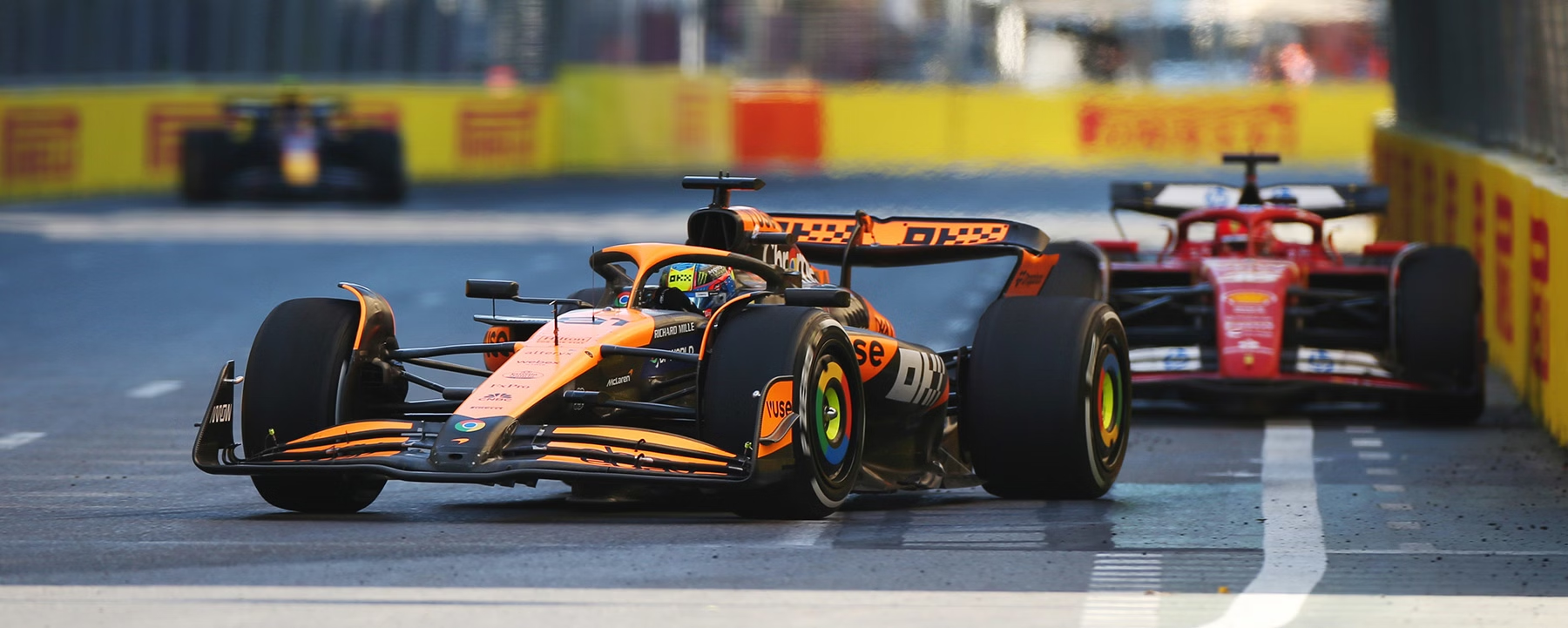The CEO of Stellantis has opened up a confrontation, Carlos Tavares, throwing his "nails" both at Acea for remembering the issue of the rules on pollutants at the last minute, and at the EU, which he accused of dogmatism regarding its insistence on the transition to electrification.
In particular, Carlos Tavares comes back to criticise the actions of Acea, the European manufacturers' association. This time, the CEO of Stellantis stigmatises Acea's request to postpone by two years the implementation of the new limits on carbon dioxide emissions from vehicle fleets that will come into force in 2025. "From the point of view of competition, which is so dear to the European Union, it would be surrealistic to change the rules now," Tavares told France Press in an interview.
The requirement
The subject of the review is a document that Acea is preparing to send to the European institutions to demonstrate the concerns of the whole industry about the implementation of the new requirements. By 2025, manufacturers will have to reduce average carbon dioxide emissions from 116 g/km in 2024 to just under 94 grams, and to do so they will have to significantly increase the weight of electric cars to avoid the associated penalties: €95 for each gram of CO2 exceeding the limit, multiplied by the number of cars sold. However, the industry is concerned about the impact of the current and persistent slowdown in sales of battery-powered cars. Luca de Meo, president of the association and CEO of Renault, has already quantified the problem: "If electrics remain at the current level," he warns, "the European industry will probably have to pay €15 billion in fines or give up production of more than 2.5 million cars and commercial vehicles. In fact, if one electric car is not sold, four internal combustion cars cannot be produced."
The arrows
"We should have thought of this earlier." "Everybody knew the rules a long time ago, everybody had time to prepare and so now we're running," added Stellantis' number one, not without reiterating his position against the introduction of ever more restrictive emissions regulations in the automotive industry. "The dogmatism of European regulators has hit the wall of reality: we are in a system where the regulator wants consumers to buy these cars and the consumer says 'no thanks, not at this price'," the director noted. "But now we have the cars, we've organized the necessary sales, we're breathing down Tesla's neck and we're being told there will be calamities. We should have thought of that before, right?"


